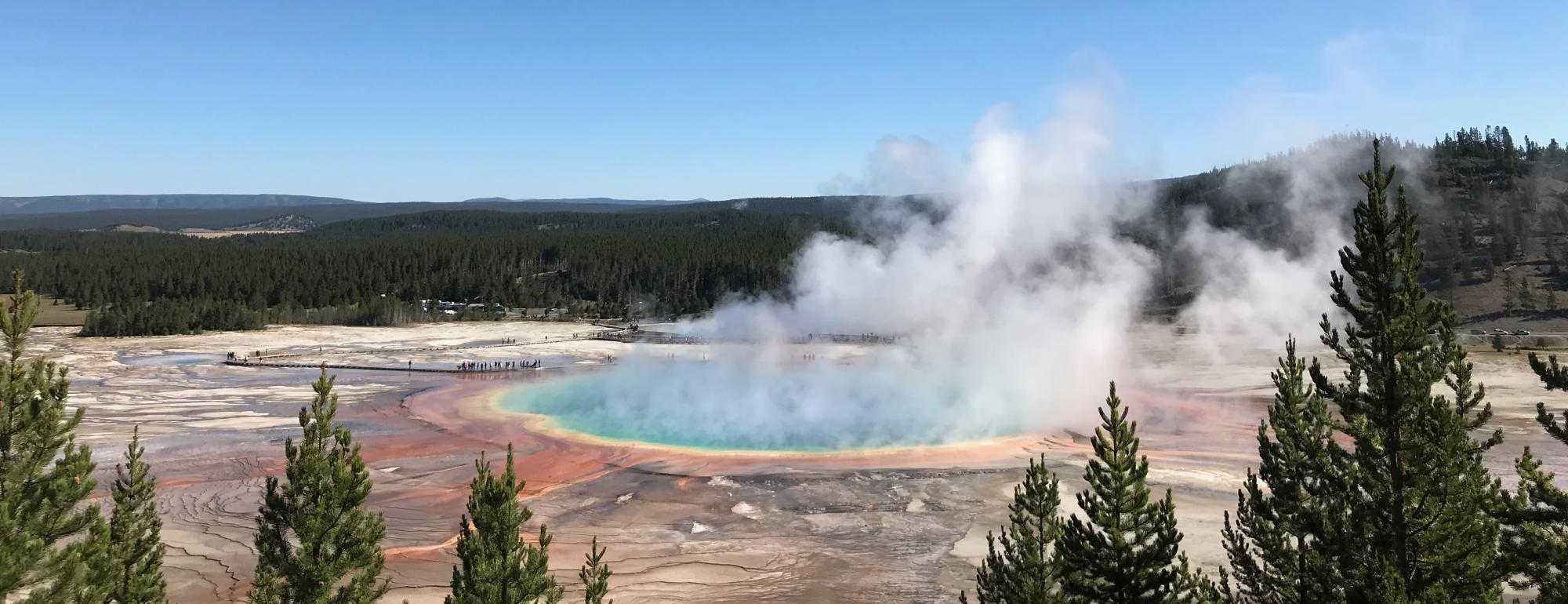The UC Davis Earth and Planetary Sciences Department maintains excellent research facilities for both field and laboratory research.
The department is supported by an administrative and technical staff responsible for maintaining and operating the electron microprobe, the stable isotope mass spectrometers, drafting and illustrating, computers and networking, and preparation of thin and polished sections. The department maintains teaching collections of rocks, fossils, and maps; campus libraries house outstanding research and teaching collections in geology, paleontology, geochemistry, and geophysics.
Specialized equipment is available in various research laboratories in the Earth and Planetary Sciences department, including
- gas and solid-medium high pressure apparatus for experimental petrology and rock deformation, including a MA6/MA8 multianvil device for ultrahigh pressure phase equilibria and mineral synthesis
- Fourier transform infrared spectrometer
- cryogenic magnetometer
- ion bombardment thinners
- off-line vacuum extraction lines for sample preparation of dissolved inorganic carbon from waters, organic matter, silicates and carbonate samples for stable isotope analysis
- paleontological and biological preparation laboratories
- a PicoTrace class-100/class-10 clean chemistry laboratory for low-blank sample digestion and chemical separation
- a Nu Plasma HR MC-ICP-MS (see UCD-ICPMS webpage for details)
- a Thermo Scientific Neptune Plus MC-ICP-MS
- a Thermo Scientific Triton Plus TIMS
- a Thermo Scientific Element XR (HR-ICP-MS)
- a Photon Machines Analyte 193H excimer laser
- a second Photon Machines 193nm excimer laser equipped with a dual-volume Helix cell that is connected to an Agilent 7700x quadrupole ICP-MS. This instrument is dedicated to laser analyses on carbonates and mineral samples.
- experimental facilities for petrologic and mineral/melt physics studies, including controlled-atmosphere furnaces, rapid-quench cold seal apparatus, and piston-cylinder and multianvil devices for high pressure and temperature conditions
- four gas source isotope ratio mass spectrometers for water (O, H), carbonate (C, O), mineral and organic (O, H, S) stable isotope analyses. These include a Finnigan MAT 251, Fisons Optima and two Elementar IsoPrime IRMS systems


